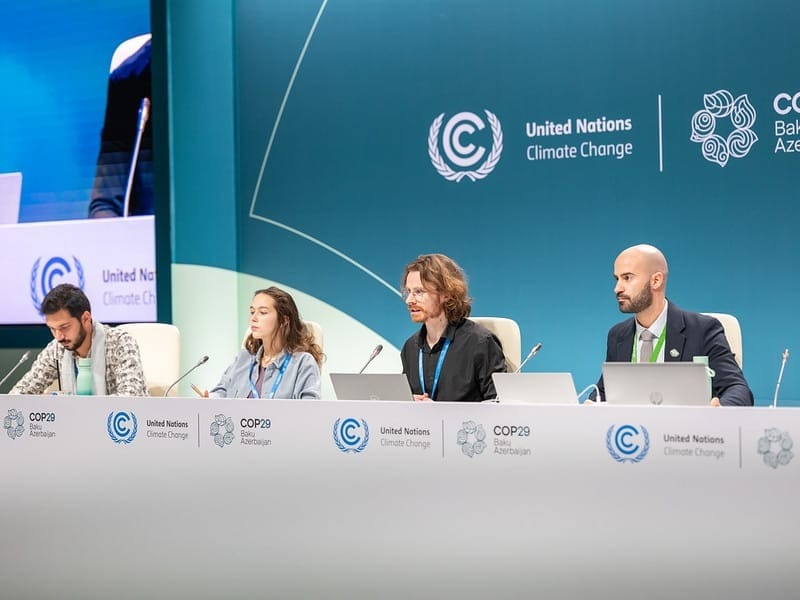Two weeks of often intense U.N. climate summit negotiations tottered across the finish line, with rich nations agreeing to a nonbinding commitment that they will aim to provide at least $300 billion a year by 2035 to help the developing world cope with climate change.
Delegates from nearly 200 nations attending COP29 in Baku, Azerbaijan, also agreed to rules for a new international market designed to facilitate carbon credit trading. The system lets polluters offset their emissions by purchasing carbon credits emitted by projects targeted at removing or reducing greenhouse gas from the atmosphere.








